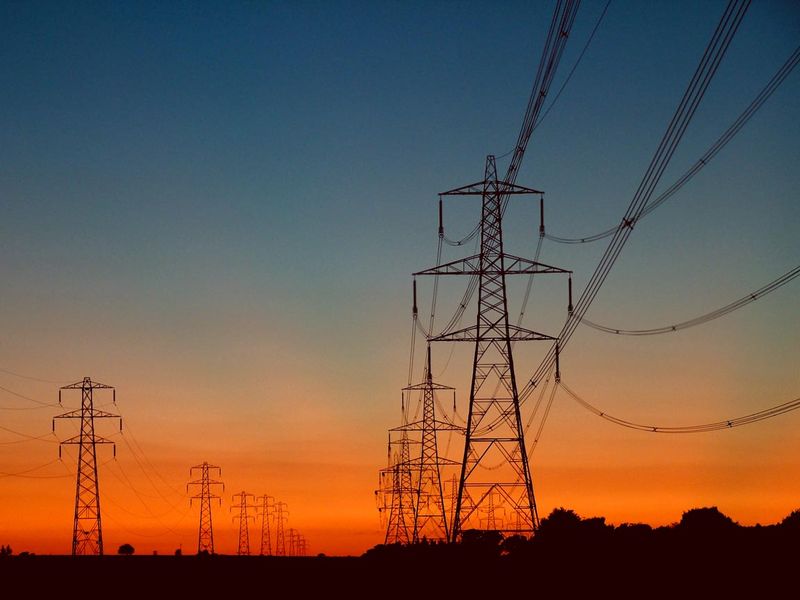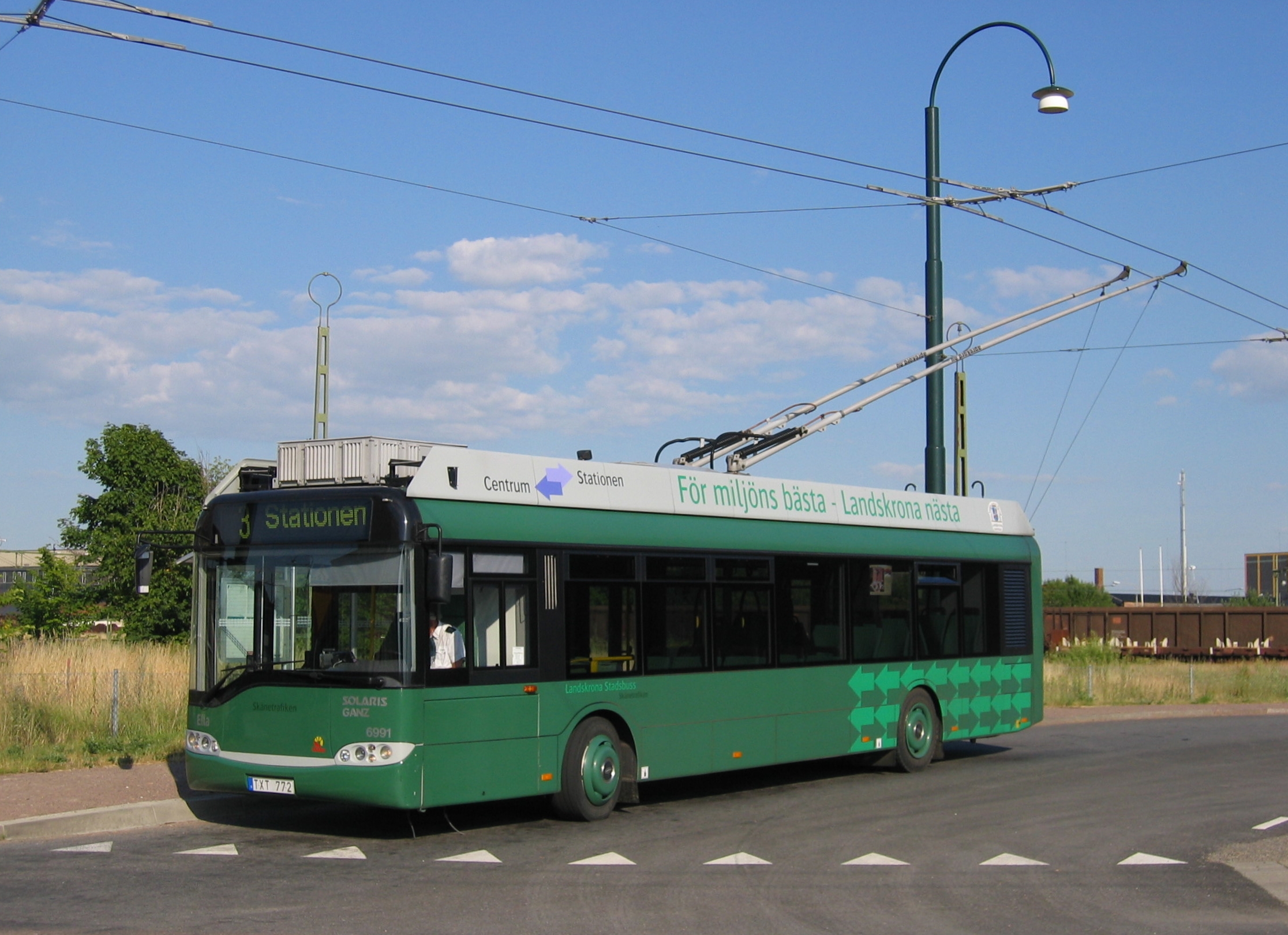I attended a seminar on wind power last week at the Illinois Sustainable Technology Center. I thought it would provide nuts and bolts information on wind power. Instead, the speaker raved about getting money from the power company.
As Steve Martin said in The Jerk, “Sooooo… it’s a profit deal.”
There’s no reason to be angry at the guy. He presented a nice slide show, and talked about the experience of living near Twin Groves wind farm. But I think he may have presented false information. He spoke of siting limitations: For-profit wind power companies can build wherever they want. They choose the places with highest sustained winds, because there’s more money in it. That doesn’t mean that we can’t all have our own wind turbines. It just means that we can’t get rich from them.
But we can generate clean power. That’s my goal.
We learned almost nothing about the technology. By analogy, if you wanted to know about railroading, you might ask someone who’s ridden on a train. You’ll get some idea of what trains are like. But he wouldn’t be able to explain how it works.
Profit is an excellent motivator. And I’m all for it, but what I really want to find out is whether Urbana (or Champaign, also the University, and especially the MTD) can provide for its own power needs by generating wind power. If Urbana gets its wind power from a proprietary source, the cost is just the same as nuclear, coal, hydroelectric, or Million-Rats-Running-in-a-Wheel power.
No one has answered my question. If you can help, please let me know.
—
Earlier this year I asked my old Trial Advocacy prof Steve Beckett about wind power in Champaign County. He’s a member of the County Board. He referred me to Barb Wysocki, who oversees the Land Use committee.
According to Barb, the committee is looking at two proposals for wind farms, even though Champaign County sits “between the moraines.” Both of these proposals involve private interests. In other words, the county is not currently looking at generating its own power.
Generating one’s own power is pretty easy. I have a neighbor who does it. He runs his meter backwards, and gets a check from Ameren.
Of course, that’s all within one household. The distribution of power is the tricky part.

Ameren owns the local distribution network. If a municipal government chose to generate its own power, it would have to gain an easement to the rights of way, or plug into the grid. Plugging into the grid is what the Twin Groves farm does. Its power sells in Manitoba and Florida. None is sold to you. Ameren (The Power Distribution Company) doesn’t want to buy wind power. It wants to buy coal power, from Ameren (The Power Generation Company). The two companies are not related, of course. That would be Unethical. Wink, nudge.
You, and Urbana, are now paying for power based on a rate determined by the ICC. The ICC is a board of Blagojevich appointees who don’t require Ameren (TPDC) to shop on the open market for cost efficient energy. So Ameren (TPGC) asks for as much as it dares, Ameren (TPDC) pays it, the ICC pockets a mysterious envelope and looks the other way, and then you cough up a bundle for dirty air and electric light.
I learned a lot of this stuff from Tod Satterthwaite, the former Mayor of Urbana. Last week, over beer, Tod recalled a time when university officials considered selling excess watts, generated at Abbott Power plant, to the cities.
Tod is like me. He believes in free enterprise. He likes competitive market forces. But Tod and I agree that certain natural monopolies — utilities for example — can be operated at best cost efficiency by municipal governments. (Not that they always operate efficiently under municipal rule, but they can.) Because there cannot be competition, the cheapest delivery of utilities comes from the person who operates at cost (rather than cost + profit margin).
Tod was run out of office* by its current occupant, who spent a week in Germany trying to get our water utility back from its owner. It didn’t work. (But thankfully, it also did not add to the $18,884 in travel expenses.)
—
If the MTD ran its buses on self-generated wind power, it might have to build its own distribution network anyway. The lines have to go where the buses go, as seen here.

Trolleybuses ran in Champaign-Urbana a century ago. But the network is long since dismantled. (J. Paul Getty bought the Los Angeles rail transit system, and then dismantled it, so he could sell more oil.)
But once the capital outlay is made for the infrastructure, the yearly cost of operation would be amazingly lower than the current 2 to 3 miles per gallon regimen, not to mention the cost of maintaining 100+ combustion engines.
What’s more, there may be an alternative to that expense. Adelaide, Australia now powers its city buses with batteries charged from solar power. The batteries can be charged by any source of power. Like wind, for example.
—
Towards the end of the wind seminar, an audience member asked what share of the money Twin Groves residents receive from their 1.65 megawatt towers. “Me personally? I don’t have any idea,” answered the speaker. He added that they get none of the electricity. “Zero,” he added, to emphasize the noneness.
The irony here is the bedrock principle of sustainability: whatever you do, do it locally. The Illinois Sustainable Technology Center sits, ironically, so far away from any other part of campus that everybody drove.
Well, not everyone. I rode my bike. Coffee was served in Styrofoam cups.
*The stinging nettle in the 2005 Urbana Mayoral race, by the way, whether Tod opposed library expansion. In this last week, two events recalled this debate. Heather came home lamenting the removal of the VHS library from the UFL. And I received a packet of materials from an Involved Urbana Citizen. Mr. Gale Davis came by to make me aware of a campaign to keep books on shelves. (He also has tips on where to get free books, CDs, etc.)
One lesson here is that libraries discard materials, no matter what their size. The lesson implicit in Gale Davis’ campaign, I think, is to keep hard copies. Whether it’s Christian literature or the U.S. Constitution, people base their lives on these written words. If you don’t have them written down somewhere, anybody could change them, to say whatever they want your god, or your founding fathers, to tell you.









